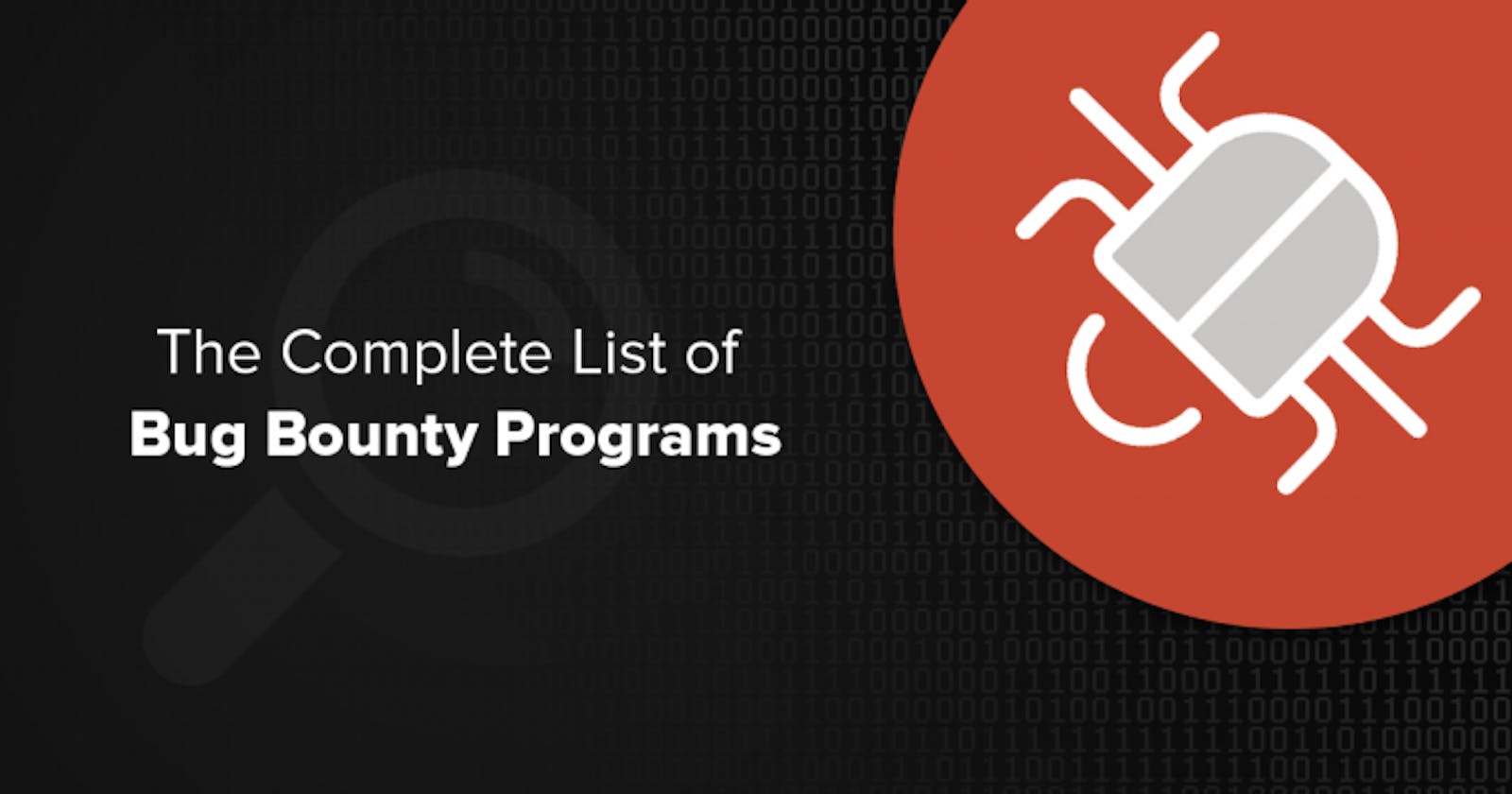How to Get Started into Bug Bounty | Complete Beginner Guide
Bug Bounty | Ananya Chatterjee
What is Bug Bounty?
If you go to Google Baba & Search What is Bug Bounty you will get : A reward offered to a person who identifies an error or vulnerability in a computer program or system Identification and reporting of bugs and vulnerability in a responsible way.
What to study?
- Internet, HTTP, TCP/IP
- Networking
- Command-line
- Linux
- Web technologies, java-script, PHP, java
- At least 1 programming language (Python/C/JAVA/Ruby..)
- Owasp top 10
Choose your path:
- Web Pentesting
- Android Application Pentesting
- IOS Application Pentesting Books:
For Web:
- Web app hackers handbook
- Web hacking 101
- Mastering modern web pen testing
- Bug Bounty Playbook
- Real-World Bug Hunting
- OWASP Testing Guide.
For Mobile:
- Mobile application hacker’s handbook
Types of Bug Bounty program:
- Only Hall of Fame
- Hall of Fame With Certificate of Appreciation
- HoF with Swags / only Swags
- Hall of Fame with Bounty
- Only Bounty
Bug Bounty Program:
- Open For Signup
- Hackerone
- Bugcrowd
- hackenproof
- Bugbountyjp
- Intigriti
- Open Bug Bounty
Points To Remember
- Choose wisely (Initially, don’t think about bounties)
- Select a bug for the hunt
- Exhaustive search
- Not straight forward always
Report Writing/Bug Submission:
- Create a descriptive report.
- Follow responsible disclosure policy.
- Create POC and steps to reproduce
Sample format of the report:
- Vulnerability Name
- Vulnerability Description
- Vulnerable URL
- Payload
- Steps to Reproduce
- Impact
- Mitigation
Vulnerabilities Priorities:
- P1 -Critical: Vulnerabilities that cause a privilege escalation from unprivileged to admin or allow for remote code execution, financial theft, etc.
- P2 -High: Vulnerabilities that affect the security of the software and impact the processes it supports.
- P3 -Medium: Vulnerabilities that affect multiple users and require little or no user interaction to trigger.
- P4 -Low: Vulnerabilities that affect singular users and require interaction or significant prerequisites to trigger (MitM) to trigger.
- P5 -Informational: Non-exploitable vulnerabilities in functionality. Vulnerabilities that are by design or are deemed an acceptable business risk to the customer.
Looking for more programs using Google Dorks
- inurl:”bug bounty” and intext:”€” and inurl:/security
- intext:bounty inurl:/security
- intext:”BugBounty” and intext:”BTC” and intext:”reward“
- intext:”BugBounty” and inurl:”/bounty” and intext:”reward
Words of wisdom:
- PATIENCE IS THE KEY, takes years to master, don’t fall for overnight success
- Do not expect someone will spoon feed you everything.
- Confidence
- Not always for bounty
- Learn a lot.
- Won’t find at the beginning, don’t lose hope
- Stay focused
- Depend on yourself
- Stay updated with InfoSec world

